人教版九年级英语下册单元必考知识点(十三)思维导图
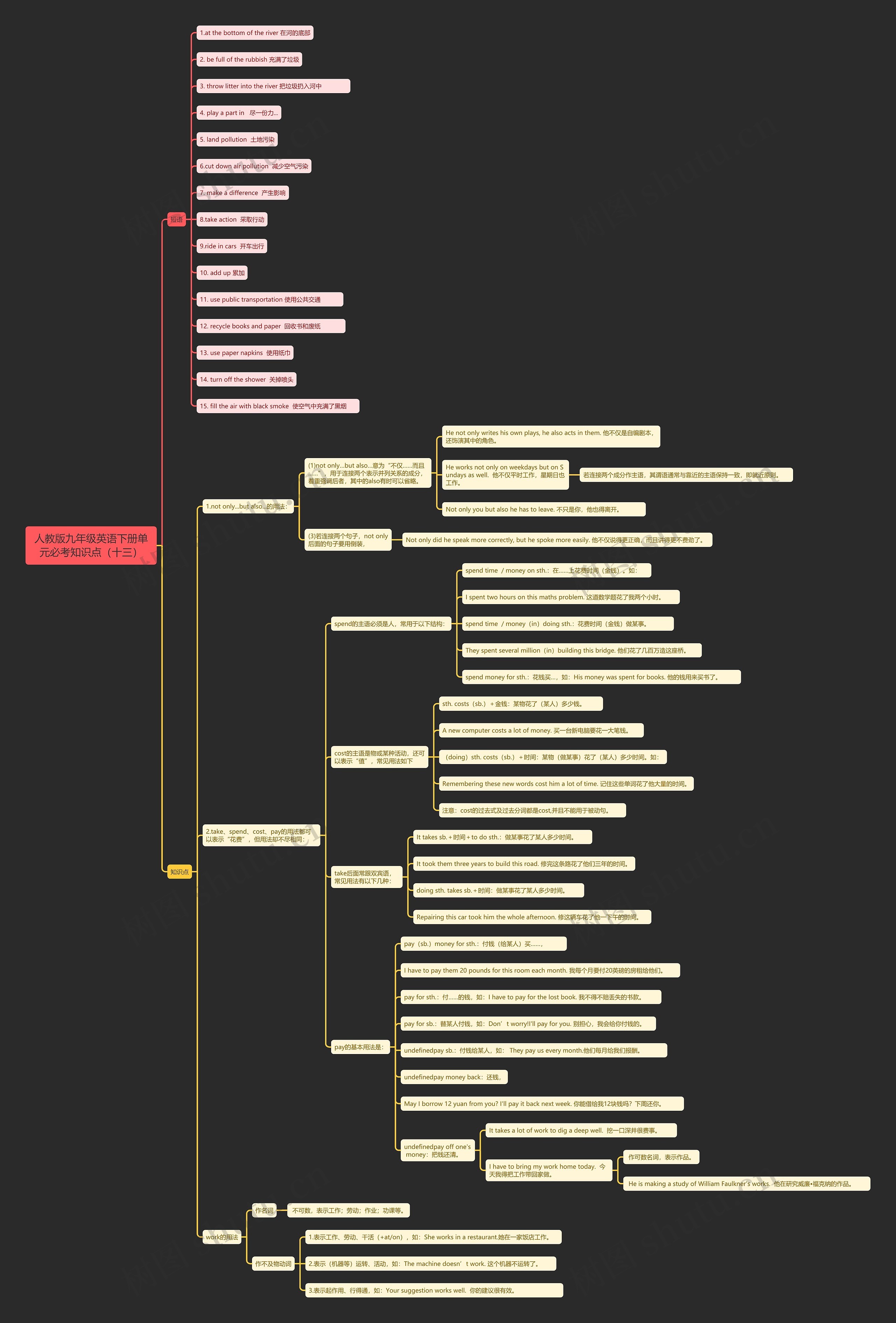
人教版九年级英语下册单元必考知识点(十三)
树图思维导图提供 人教版九年级英语下册单元必考知识点(十三) 在线思维导图免费制作,点击“编辑”按钮,可对 人教版九年级英语下册单元必考知识点(十三) 进行在线思维导图编辑,本思维导图属于思维导图模板主题,文件编号是:dfa1dd91d164d875fa8570b40eee6c81
思维导图大纲
人教版九年级英语下册单元必考知识点(十三)思维导图模板大纲
短语
1.at the bottom of the river 在河的底部
2. be full of the rubbish 充满了垃圾
3. throw litter into the river 把垃圾扔入河中
4. play a part in 尽一份力...
5. land pollution 土地污染
6.cut down air pollution 减少空气污染
7. make a difference 产生影响
8.take action 采取行动
9.ride in cars 开车出行
10. add up 累加
11. use public transportation 使用公共交通
12. recycle books and paper 回收书和废纸
13. use paper napkins 使用纸巾
14. turn off the shower 关掉喷头
15. fill the air with black smoke 使空气中充满了黑烟
知识点
1.not only...but also...的用法:
(1)not only…but also…意为“不仅……而且……”,用于连接两个表示并列关系的成分,着重强调后者,其中的also有时可以省略。
He not only writes his own plays, he also acts in them. 他不仅是自编剧本,还饰演其中的角色。
He works not only on weekdays but on Sundays as well. 他不仅平时工作,星期日也工作。
若连接两个成分作主语,其谓语通常与靠近的主语保持一致,即就近原则。
Not only you but also he has to leave. 不只是你,他也得离开。
(3)若连接两个句子,not only后面的句子要用倒装,
Not only did he speak more correctly, but he spoke more easily. 他不仅说得更正确,而且讲得更不费劲了。
2.take、spend、cost、pay的用法都可以表示“花费”,但用法却不尽相同:
spend的主语必须是人,常用于以下结构:
spend time /money on sth.:在……上花费时间(金钱)。如:
I spent two hours on this maths problem. 这道数学题花了我两个小时。
spend time /money(in)doing sth.:花费时间(金钱)做某事。
They spent several million(in)building this bridge. 他们花了几百万造这座桥。
spend money for sth.:花钱买…,如:His money was spent for books. 他的钱用来买书了。
cost的主语是物或某种活动,还可以表示“值”,常见用法如下
sth. costs(sb.)+金钱:某物花了(某人)多少钱。
A new computer costs a lot of money. 买一台新电脑要花一大笔钱。
(doing)sth. costs(sb.)+时间:某物(做某事)花了(某人)多少时间。如:
Remembering these new words cost him a lot of time. 记住这些单词花了他大量的时间。
注意:cost的过去式及过去分词都是cost,并且不能用于被动句。
take后面常跟双宾语,常见用法有以下几种:
It takes sb.+时间+to do sth.:做某事花了某人多少时间。
It took them three years to build this road. 修完这条路花了他们三年的时间。
doing sth. takes sb.+时间:做某事花了某人多少时间。
Repairing this car took him the whole afternoon. 修这辆车花了他一下午的时间。
pay的基本用法是:
pay(sb.)money for sth.:付钱(给某人)买……,
I have to pay them 20 pounds for this room each month. 我每个月要付20英磅的房租给他们。
pay for sth.:付……的钱,如:I have to pay for the lost book. 我不得不赔丢失的书款。
pay for sb.:替某人付钱,如:Don’t worry!I'll pay for you. 别担心,我会给你付钱的。
undefinedpay sb.:付钱给某人,如: They pay us every month.他们每月给我们报酬。
undefinedpay money back:还钱,
May I borrow 12 yuan from you? I'll pay it back next week. 你能借给我12块钱吗?下周还你。
undefinedpay off one's money:把钱还清。
It takes a lot of work to dig a deep well. 挖一口深井很费事。
I have to bring my work home today. 今天我得把工作带回家做。
作可数名词,表示作品。
He is making a study of William Faulkner's works. 他在研究威廉•福克纳的作品。
work的用法
作名词
不可数,表示工作;劳动;作业;功课等。
作不及物动词
1.表示工作、劳动、干活(+at/on),如:She works in a restaurant.她在一家饭店工作。
2.表示(机器等)运转、活动,如:The machine doesn’t work. 这个机器不运转了。
3.表示起作用、行得通,如:Your suggestion works well. 你的建议很有效。

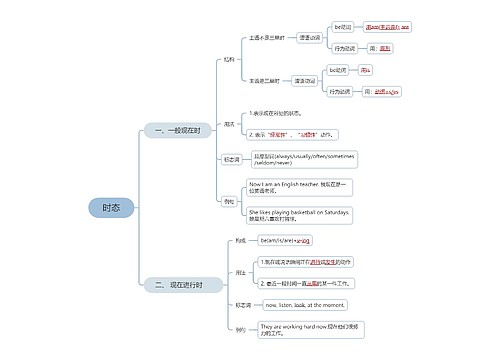

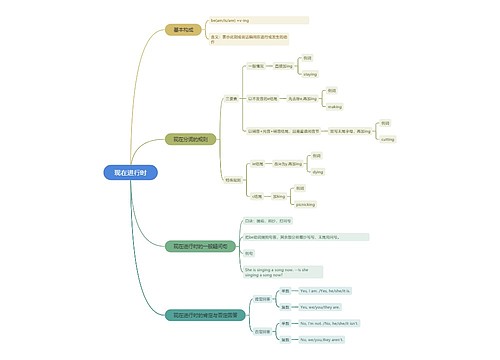


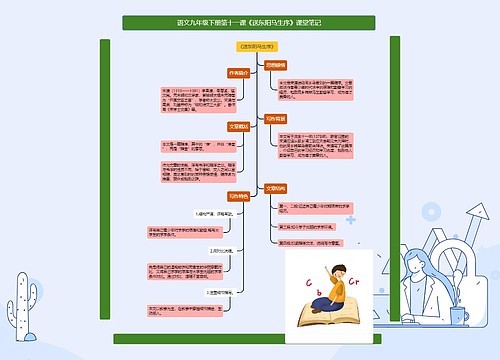
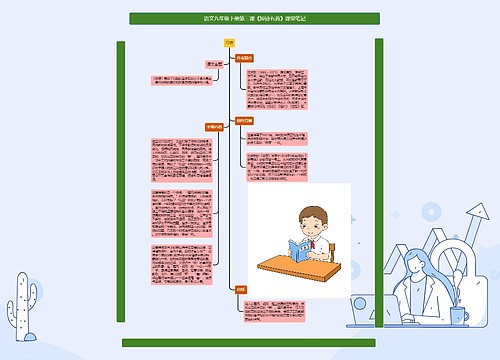
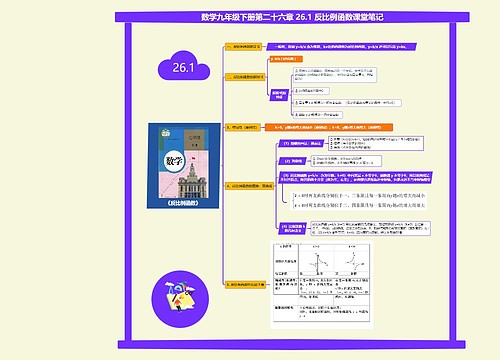
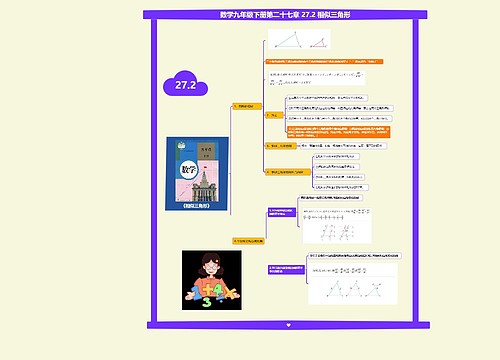
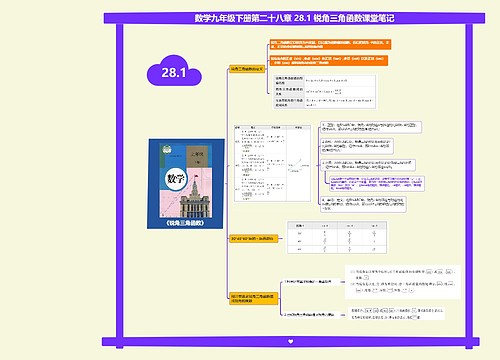
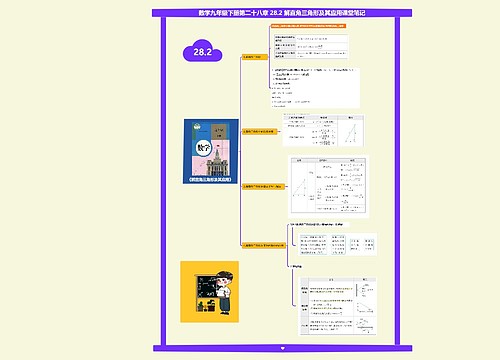
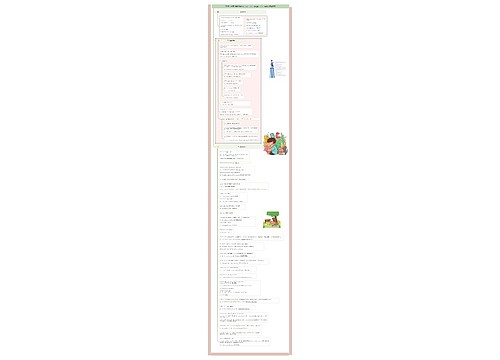
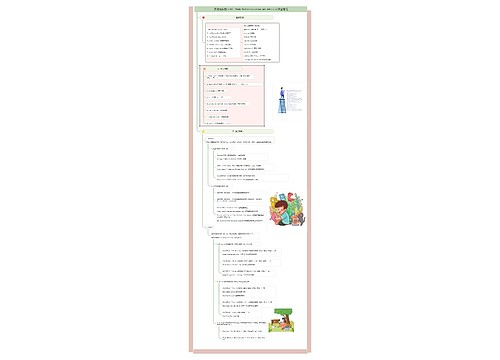
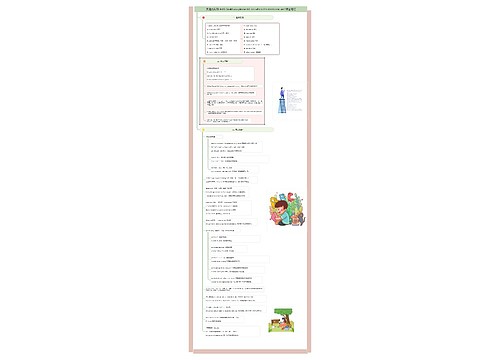
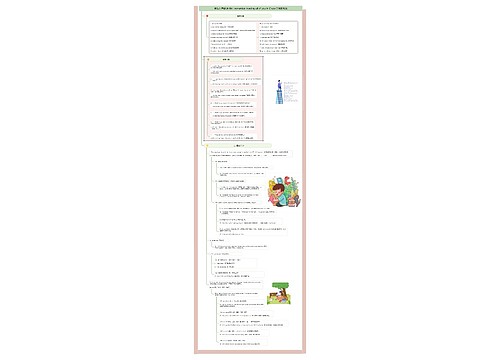
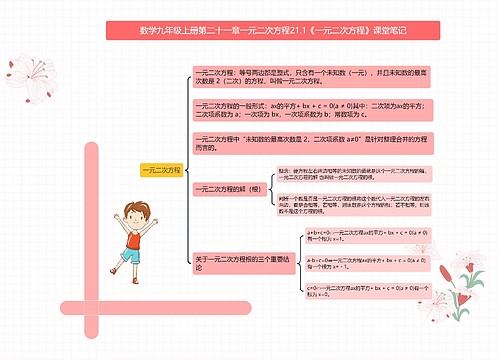
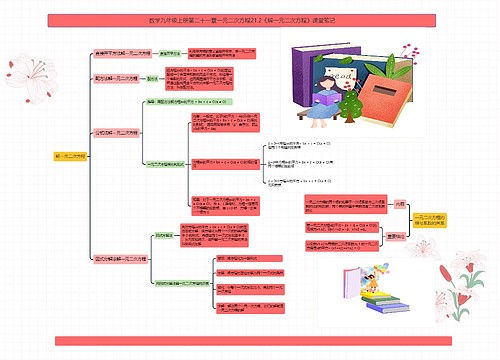
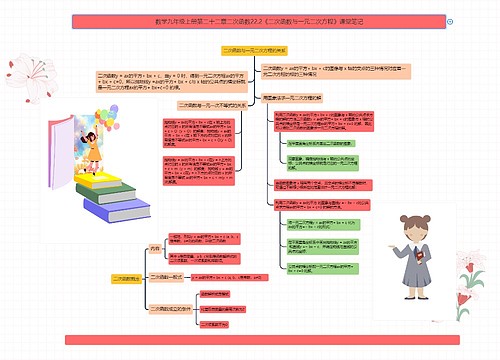
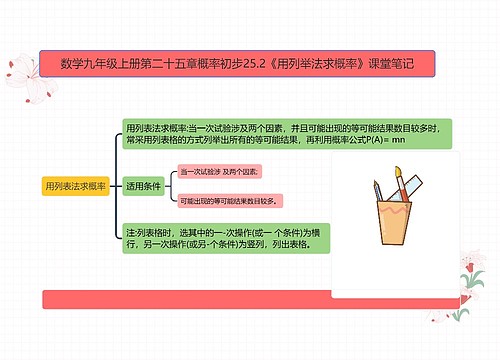


 上海工商
上海工商